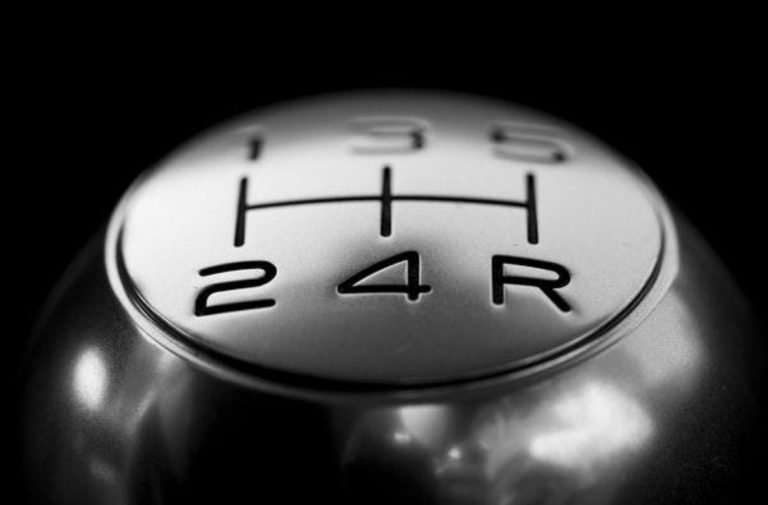Technology advances at a rapid pace and the law is struggling to keep up. With each day that goes by, new technologies and advancements emerge, which make the world a better place. Take self-driving cars as an example. They make the roads safer, eliminate parking worries, and make the daily commute more bearable. Nevertheless, accidents still happen and legal issues arise. Autonomous driving technology is constantly refined, yet it can’t completely eliminate accidents. The question on everyone’s lisp at the moment is: Who is liable? Legal liability for the underlying accident is a key issue in a personal injury claim. It’s not something one can walk away from.
Story Stages
Before determining liability for a driverless car, it’s necessary to understand the general liability law for car accidents in your state
Some states are no-fault states, which translates into the fact that, regardless of who caused the incident, everyone is required to file a claim with their own insurance company. Interestingly, there are some special circumstances that allow suing the other party. If you live in a fault state, on the other hand, such as California, you can sue third parties for inflicting injuries and property damage. Given that one of the vehicles is partially or completely autonomous, the accident may not involve two drivers. Therefore, the liability case may focus on one driver. If you require assistance after a car crash, using a car accident attorney in Los Angeles like JT Legal is recommended.
So, who’s liable? Well, it depends
When a driverless car causes a crash that injures or kills the other driver, who is to blame? Is it the driver (operator), even if they weren’t touching the steering wheel? Or perhaps the owner of the vehicle who failed to ensure appropriate maintenance? Could it be the supplier who manufactured the car’s navigational cameras? The problem is that it’s impossible to offer a clear answer. It depends on several factors. Liability is a broad complex of responsibility, encompassing technical, legal, and moral responsibilities. The court can use numerous formulas to evaluate how the technology responded. We’ve yet to come up with an optimal liability scenario while making sure that no party takes advantage of one another.
In the United States, many states have considered self-driving vehicles legislation
Level 5 vehicles are allowed in states such as Arizona, Florida, Michigan, and Pennsylvania. Not that long ago, California approved a pilot program for driverless rides. Level 2 driving automation might soon become a reality. Getting back on topic, rules vary from one state to another as far as driverless cars are concerned. California law, for instance, unambiguously defines the operator as liable for the accident. That’s because they took the risk to use the self-driving car. According to legal experts, we’re merely at the beginning of this new technology and regulators should take action to address the safety issue. Technological advancements are unavoidable and someone in the legal community must stay on top of things. This means proposing new regulations and defining liabilities.
